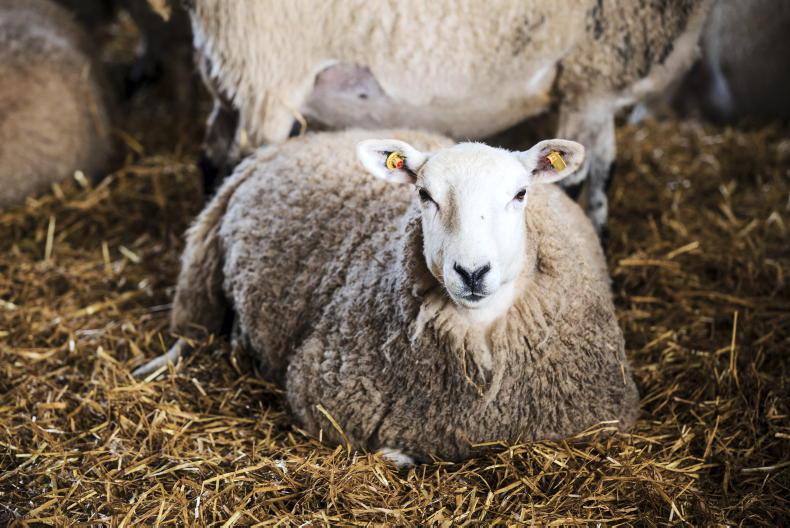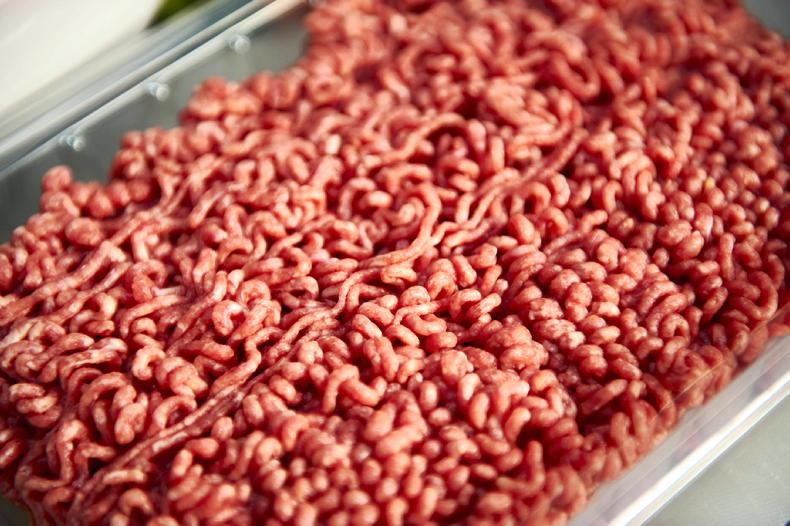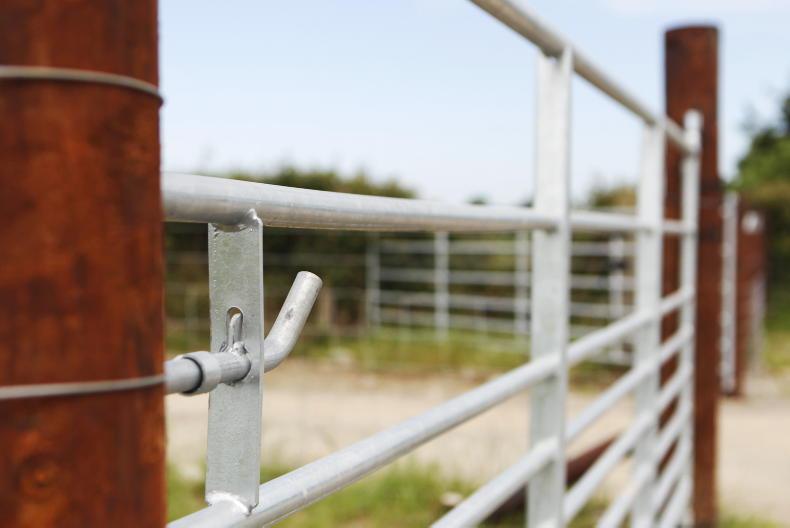Concerns have been raised that incoming veterinary regulations will encourage black market trading of animal medicines across the border between the Republic and Northern Ireland.
New European regulations will mean that farmers will require a veterinary prescription to buy wormers and other antiparasitics from January next year.
Two-tier system
The Oireachtas agriculture committee heard concerns that this system would cut out competition from co-ops and licensed merchants and increase costs, while also creating a two-tier system as Northern Ireland would not be required to introduce the same rules.
The rules would also include that a prescription would have to be filled within five days of being issued, but this only pertains to antibiotics - not wormers or antiparasitics.
Fine Gael Senator Tim Lombard commented on the two-tier system with different rules for the north and south of Ireland and asked for the opinion of director of veterinary sciences of the Health Products Regulatory Authority (HPRA) Dr JG Beechinor, who was giving evidence on the regulations.
However, Dr Beechinor said that would be a question for the Department of Agriculture.
He was pushed again on the matter by Sinn Féin TD Martin Browne, who pointed out that a recent RTÉ Prime Time report highlighted “the ease” with which products were obtained in Northern Ireland and could come south of the border.
But Dr Beechinor again deferred the matter to the Department of Agriculture.
Resistance
There was widespread resistance from TDs and senators to the new rules and they pointed out their fears that the regulations could lead to increased costs for farmers and animal welfare issues.
Dr David Murphy of the HPRA highlighted the importance of the regulations medically and the fact that just five classes of wormers could be used on livestock, and just three of these could be used on cattle.
He said steps needed to be taken to preserve them for the future and prevent antimicrobial resistance.
Electronic prescriptions
Fianna Fáil senator Paul Daly repeatedly highlighted his concerns about the cost of prescriptions for farmers, while committee chair Jackie Cahill of Fianna Fáil asked how the system was going to work. He highlighted the intense workload of both farmers and vets, especially over the spring calving and lambing season.
Veterinary Council of Ireland (VCI) CEO Niamh Muldoon pointed to plans under way in the Department of Agriculture which would provide electronic prescriptions to be issued from vets directly to a licensed merchant chosen by the farmer.
Her colleague, VCI president Joe Moffat, said: “We’re in a situation where our products our losing their efficacy.”
He said that there needed to be a position taken where the least amount of product was used to get the best response and that this could help to save farmers money as they would not be buying more than they needed.









SHARING OPTIONS